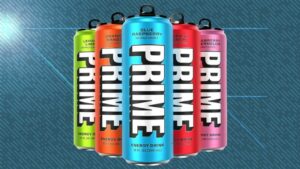Japanese scientists are advancing toward developing a revolutionary medication that may allow people to grow new teeth.
The treatment is intended for adults who lack a full set of teeth due to hereditary issues, Japanese news outlet The Mainichi reported. Clinical trials are set to begin next year, and researchers hope to have it available for use in 2030.
Anodontia, a medical term for a genetic condition resulting in the complete absence of teeth, is rare and can involve baby teeth and permanent adult teeth. The Cleveland Clinic says that some people can have partial anodontia, where people are born missing some of their teeth but not all. The condition can negatively impact digestive health, as the individual would not be able to chew food properly.
“The idea of growing new teeth is every dentist’s dream,” Katsu Takahashi, lead researcher and head of the dentistry and oral surgery department at the Medical Research Institute Kitano Hospital in the city of Osaka, told Mainichi. I’ve been working on this since I was a graduate student. I was confident I’d be able to make it happen.”
In 2005, the researchers found a higher number of teeth in that mice that were missing a certain gene that synthesized a protein called USAG-1. They learned that blocking that protein could facilitate the growth of more teeth.
Takahashi’s team began developing an antibody median to neutralize the protein’s function. When the team conducted previous experiments on animals, the treatment regrew permanent adult teeth. The results were published in the scientific journal Science Advances in 2021.
“We hope to pave the way for the medicine’s clinical use,” Takahashi told Mainichi.
In addition to treating patients with anodontia, the research team believes the new medicine may also be able to help people suffering from pyorrhea, a serious gum disease that can result in the loss of teeth, due to the destruction of bone that supports the teeth.
According to data from the U.S. Center for Disease Control and Prevention (CDC), a quarter of U.S. adults aged 65 or older have eight or fewer teeth, while 17 percent of adults aged 65 or older have lost all of their teeth.

